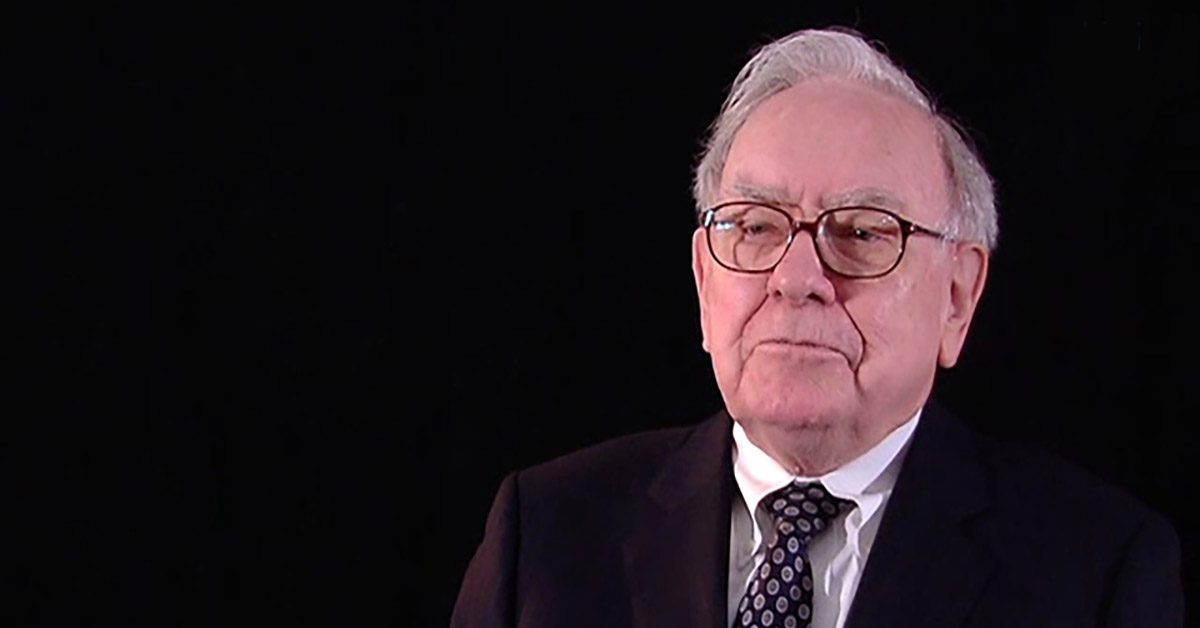Let’s be blunt: In uncertain moments, silence screams louder than a toddler denied ice cream. When markets wobble, a bank collapses or clients’ life circumstances suddenly shift, one thing matters more than any spreadsheet or smart beta strategy ever could: “Did my advisor reach out?”
Today, artificial intelligence isn’t just knocking at your door—it’s already inside, rearranging the furniture. Algorithms build flawless asset allocations, generate meticulous tax-loss harvesting strategies, and even produce comprehensive financial plans before your coffee is done brewing. Yet, despite their vast computational skills, these digital geniuses fail miserably at something inherently simple: knowing precisely when a client needs a reassuring human voice.
In our hyper-automated, always-on digital environment, timely and thoughtful communication isn’t just courteous; it’s a survival skill. Your competitive edge is no longer about the advice itself—it’s about how and when you deliver it. AI can distribute data, but only a human advisor can deliver it wrapped in genuine empathy and meaningful reassurance.
Let’s face facts: reactive communications don’t just frustrate clients—they slowly erode trust. And yet, bewilderingly, many advisors continue to embrace an outdated, reactionary model—responding only when contacted, addressing worries only when explicitly voiced or checking in solely at pre-scheduled annual reviews.
In today’s world of nonstop headlines, turbulent markets and ever-rising client expectations, this passive approach feels as outdated as sending a telegram to confirm an online trade. Clients expect the immediacy and proactive engagement they’ve grown accustomed to from platforms like Netflix, Robinhood and Apple. Fair or not, these are your new benchmarks.
When markets turn volatile, silence isn’t interpreted as neutrality—it’s perceived as negligence. Clients don’t think, “Oh, my advisor must be calmly monitoring things behind the scenes.” Instead, they think, “Did they even notice?” Silence during market turbulence or personal crises creates uncertainty and anxiety, precisely what you’re supposed to mitigate.
Moreover, annual reviews are no longer enough. Imagine if your favorite streaming service only updated its offerings once a year. Unthinkable, right? In today’s world, clients equate responsiveness with value. Slow or reactive communication makes advisors look less like trusted guides and more like expensive relics compared to nimble, alert-driven digital competitors.
So, what’s the fix? It’s not about out-teching AI; it’s about out-humaning it. Machines can remind clients, deliver market alerts and provide recommendations, but they can’t truly connect. Your edge—your superpower—is proactive, empathetic communication. When a client’s circumstances change, when markets falter or when milestones are reached, your proactive outreach becomes invaluable.
This doesn’t mean you avoid automation—far from it. Leverage technology to automate reminders, but never relationships. Let AI handle the mundane tasks so you can pick up the phone or send a personalized video message during crucial moments.
Develop a trigger map that identifies market events, personal milestones or life transitions that warrant immediate, authentic outreach. Celebrate promotions, offer condolences during difficult times and congratulate your clients on their anniversaries.
These aren’t just kind gestures—they’re moments that cement your value as irreplaceable.
Here’s the truth: a quick personal call or thoughtful video message does more to reassure clients than any automated push notification ever could. Your CRM should help you track these critical personal moments, flagging when a client might need extra reassurance. When markets get rocky, be the calm voice reminding your clients of their long-term goals, helping them avoid reactionary pitfalls. Your proactive presence positions you as the steady hand during their financial storms.
AI isn’t going anywhere; if anything, it’s only becoming more embedded into the fabric of financial advice. But neither is the basic human need for connection, empathy and reassurance. As automation and algorithms become the norm, advisors who excel in empathy and initiative won’t just survive—they’ll thrive.
Proactive communication isn’t merely nice-to-have—it’s your essential competitive moat. In a future dominated by intelligent machines, your distinctly human ability to anticipate client needs and connect on an emotional level is your most potent asset. Test it against your own experiences: when everything feels automated, isn’t a well-timed human interaction priceless?
In short, the future belongs not to the most technically proficient advisors, but to those who use technology wisely and proactively—who are there before their clients even think to ask. This isn’t just good advice; it’s your superpower.


















